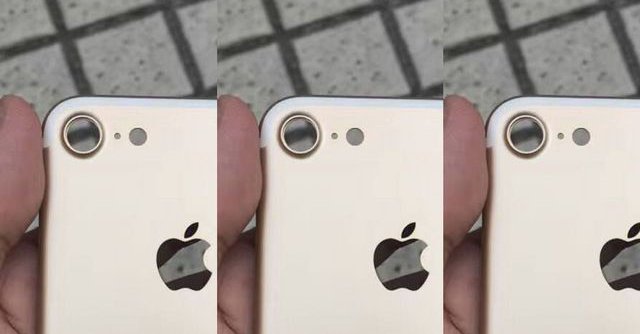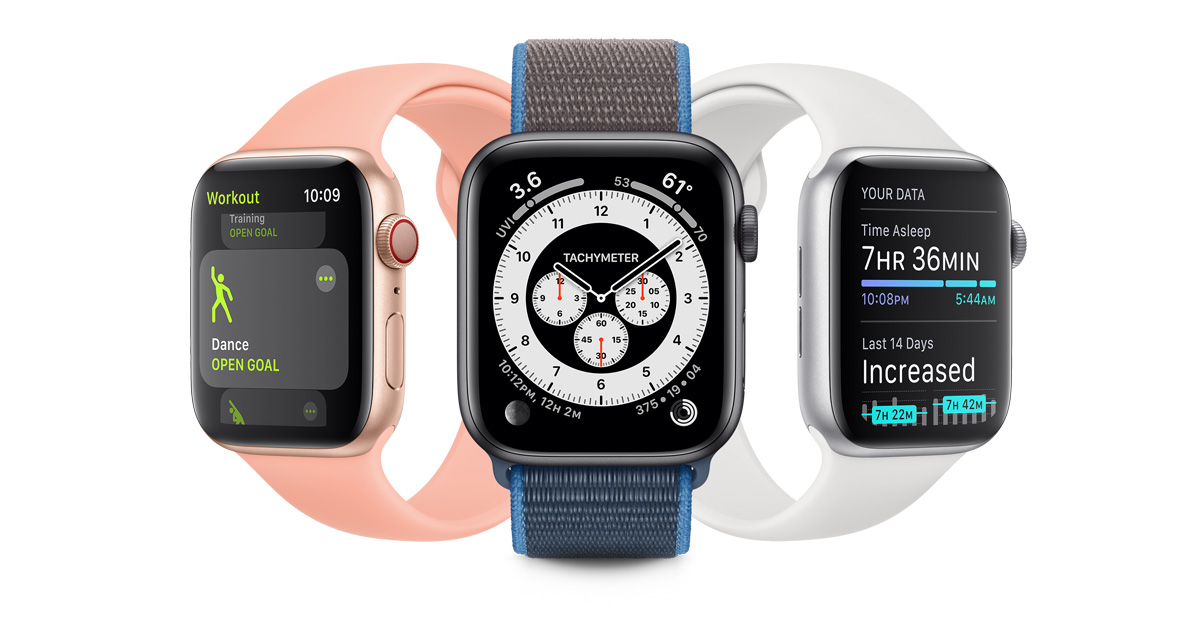With every new model of iPhone comes a few billion dollars worth of revenue for Apple. However, of late, users are finding it hard to get excited about new models that are coming out. Unfortunately, the upcoming iPhone 7 and its sales performance are critical for the company because their device sales have been on the decline for more than six months.
In an earlier article called “Has Apple Lost the WoW Factor with iPhone 7?”, I outlined some of the features that we might see on the new iPhone. I also spoke about how Apple is losing their edge when it comes to stunning new products that dazzle the world with their beauty, design and functionality. The iPhone 7 will sell tremendously well, don’t get me wrong. The only problem is the question “what next after iPhone 7?”
“Leaked” iPhone 7 Photos
First, let’s look at some “leaked” photos of the iPhone and the big camera “bump” that it could well feature.


Photo Source: @NowhereElseFr
So, apart from the photos that may or may not be authentic, we know very little about the real power of the new iPhone 7. Assuming that what I covered in my previous article is true, then we’re not looking at a major upgrade in the phone’s capabilities – merely touchups that are meant to thrill a few (million?) snap-happy users.
The Problem with iPhone 7
The real issue here is what the iPhone 7 represents. It is not an iconic phone by any means. It is merely a possible re-rendition of the iPhone 6S.
So what are the implications of that for Apple? The way I see it, unless Apple is able to once again revolutionize communication the way the original iPhone did, Apple will see further declines to its device lines.
This is what I’m thinking along the lines of:
- A flexible phone as thin as a credit card
- The ability to project images on to a screen. Or even better, holographic images!
- A completely waterproof phone that you can use in the shower
- A phone that can be used for all your cashless transaction needs (they’re nearly there with Apple Pay)
- A phone with memory capacity that can match your laptop
Most of these might sound like wishful thinking, but there’s a ton of research being done on such technologies.
For example, check out this excerpt from a 2011 article in News 18:
“Canadian researchers have invented a plastic smartphone which is as thin and flexible as a credit card and changes its shape depending on where it is stored.
Dubbed PaperPhone, this smartphone, with its 9.5-cm diagonal thin film flexible display, is a forerunner of paper-thin handset and tablets of the future, according to the researchers.
On this ultra-thin smart phone, users don’t need a touch screen or buttons to make a call, play music, zoom Google maps or flip through e-books. Rather, commands are triggered by bending its corners, or rolling its right edge backward or forward. Bending it in different ways triggers different commands in its sensors.
Researchers say it does everything a smart phone does, like store books, play music or make phone calls.”
So why isn’t Apple on the bleeding edge of such innovation? After all, they were essentially the creators of the smartphone, right? Has Apple lost the “smart” to create a revolutionary “smarterphone” that will once again be the start of a new wave of technology just as the original iPhone was? If they haven’t lost that ability, then the iPhone 7 is certainly not going to be the flagship model of that wave of innovation.
That means Apple is in serious trouble. Even the iPhone 7 is said to be so complex that they’re having to hire extra hands just to make sure they can meet the demand of the market. If such a complex phone is still not enough to satisfy the consumer hunger for new tech, then surely Apple has to find a way to mitigate that problem.
How? I don’t have the answer to that and, unfortunately, neither does Apple at this point. The only thing they know is that they need to shore up their service portfolio to a level where it can effectively augment device sales. If they can’t do that, then God help Apple Inc.



